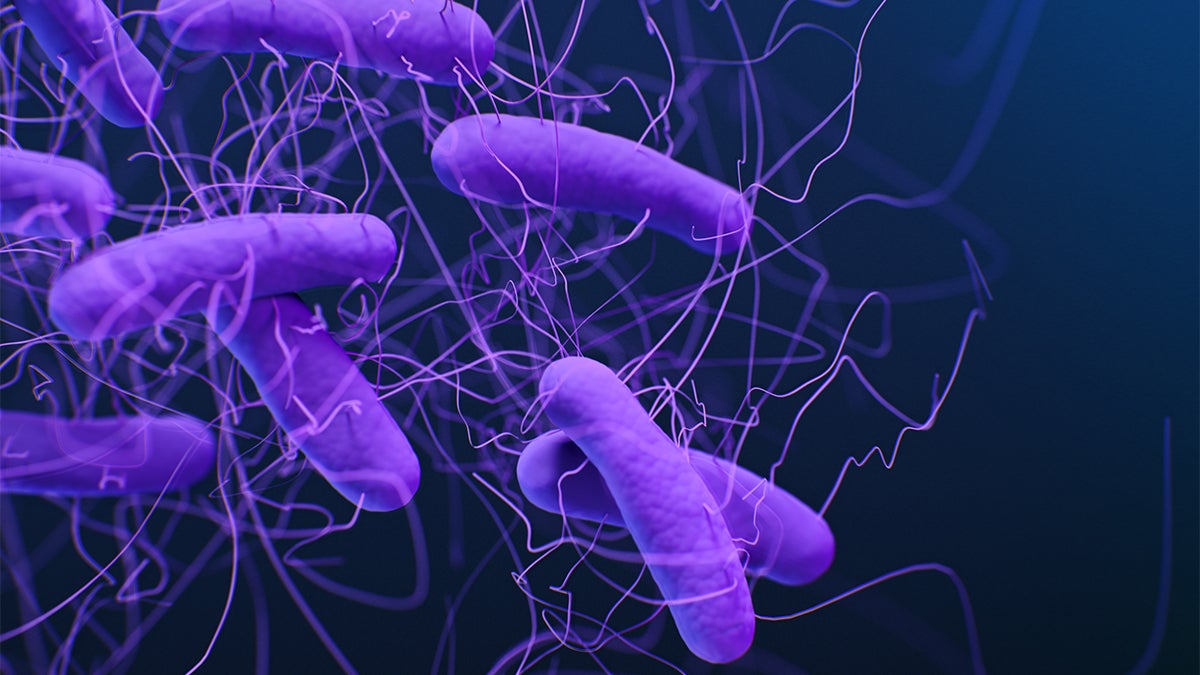ARTICLE AD BOX
Fecal microbiota transplants are common medical procedures dating back decades that can help restore the gut health of people with colon infections - but scientists now warn of newly discovered consequences from the procedure.
The ‘poop transplant’ is the transfer of the stool of a healthy donor to a recipient. The stool contains beneficial bacteria that can improve the patient's gut bacteria, which guards immune health and helps to regulate metabolism. They are approved by the Food and Drug Administration to treat people with common C. diff infections that may cause severe gastrointestinal symptoms and inflammation in hospital patients who have been on antibiotics.
Roughly 48,000 procedures are done each year.
Now, University of Chicago researchers say a study in mice and experiments with human tissue have revealed some long-lasting and unintended consequences due to transplanting microorganisms from only one section of the digestive tract.
“I think it's a bit of a wakeup call to the field that maybe we shouldn't willy-nilly put large bowel microbes into different parts of the intestine that shouldn't be there,” Dr. Orlando “Landon” DeLeon, postdoctoral researcher at the university, said in a statement. “If we're designing good therapeutics, we should be aware of the importance of matching the regional microbiota to their proper environments, so that we provide better overall health benefits.”
DeLeon is the lead author of the new research, which was published on Friday in the journal Cell.

To reach these conclusions, the authors gave three groups of mice transplants of microorganisms from the middle part of the small intestine that connects to the colon, and a standard fecal transplant from the colon.
The test showed that the microorganisms from each transplant were able to colonize the entirety of the intestinal tract in the mice -- not just certain regions. This created what they called regional gut mismatches, lasting for up to three months following a transplant.
The microbes also altered their new intestinal environments, “terraforming” the lining in ways that caused changes in the recipient’s metabolism, behavior and energy balance. There were shifts in liver metabolism, including activity in genes associated with immune function. The mice also exhibited different eating behaviors.
The gut has several distinct regions with vastly different microbial ecosystems. Imbalances in gut bacteria have been tied to a risk of cancer.
“There are microbes along the entire intestinal tract, and we just study predominately the last third of it (the colon),” DeLeon said. “So, how can you expect [a transplant], with microbes from a third of the intestinal tract at the end of it, to fix the rest of the intestine?”

What this means for human patients may be murky right now, but the authors say more caution is needed with the transplants going forward. They advocate for an approach that would transfer microorganism from all regions of the intestine and not just largely from the colon.
In the future, they plan to conduct further study related to how different microbes exert their influence in different parts of the intestine and how the gut regions terraformed by microbiota mismatches can be restored.
“We have absolutely no idea what’s in FMT, except that it’s a combination of microbes,” Dr. Eugene Chang, the Martin Boyer Professor of Medicine at the university and senior author of the study, said. “But even a single FMT will cause a change in the host-microbe relationships in these very different regions of the bowel that may be very difficult to reverse.”









 English (US) ·
English (US) ·